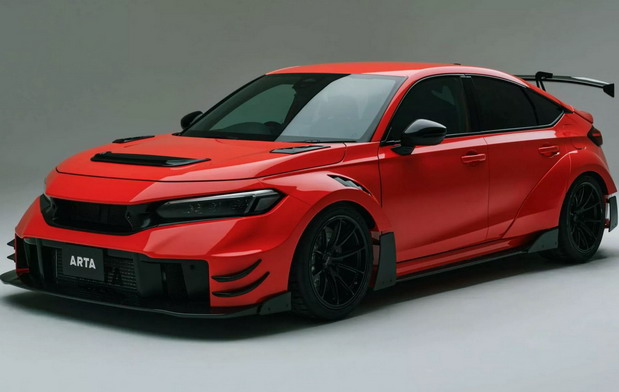TESLA
The company continues to innovate, manufacturing a unit every 45 seconds thanks to its new aluminum smelting technology, which other giants like Volvo now want to do the same
One of the biggest advances in the automotive industry, in terms of vehicle production, comes from one of the manufacturers with the least experience in the field. If the market abounds with manufacturers with more than 100 years of experience, Tesla has not yet surpassed a decade. That didn't stop Elon Musk's brand from surprising the industry by setting up a factory in Germany capable of producing a model with the complexity of a Model 3 or Model Y, at the rate of one unit every 45 seconds. The world premiere of the gigapress, gigantic presses for molding molten aluminium, contributes greatly to this.
The gigapresses that Tesla was the first to believe and that it ordered from the Italians at IDRA are already operating in Berlin, but they will also be adapted to the lines that already exist in Texas, California and China. The objective of this technical solution is, in the case of the North American brand, to produce the entire front and rear area of the chassis with just two pieces, each manufactured with a single stroke of the 104-ton IDRA, instead of each one requiring be formed by about 70 small pieces, made of steel or aluminum, depending on the case, welded together. Tesla also uses gigapresses to create a structural pack for the batteries, which means that the entire chassis of the Model 3 and Y is made up of just three pieces. And it has already promised that the next Model 2 will have the chassis produced in one piece, with an even bigger and more powerful gigapress.
Volkswagen, which admitted to being much slower to manufacture its electric vehicles based on the MEB platform - which gives rise to the VW ID, but also to the Audi, Cupra and Skoda - has already said that its next platform will use a gigantic press to pressure mold cast aluminum, reducing the number of chassis parts. Now Volvo is in the same vein, announcing investments of 930 million euros to modernize the factory in Torslanda, from which the Swedish manufacturer's next electric vehicles will come.
Compared to the current electric XC40 and C40, the next battery-operated Volvo will exchange steel for cast aluminum, molded by presses that the brand calls “mega casting”. The number or size of the parts to be produced in this way is not yet known, especially as the Scandinavian manufacturer admits that the use of this technology is dependent on proper environmental authorisation. Anyway, the video shows the entire rear area of the chassis produced in one piece, with Volvo being the third manufacturer who believes that this type of presses is the solution (of the moment) to produce electric vehicles faster – and, therefore, with less costs – while still guaranteeing superior robustness.
Autonews


Nenhum comentário:
Postar um comentário